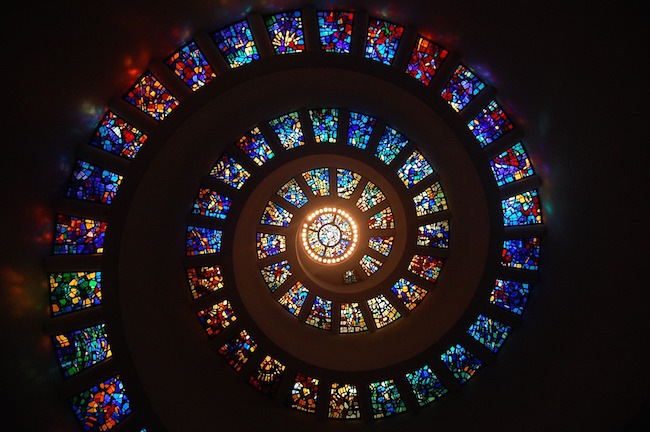We Need Christian Nationalism Because Religious Neutrality Has Failed By Matthew Cochran for The Federalist
Our religious liberty never proceeded from attempts at religious neutrality. It came precisely from the privileged position that Christianity has historically held in America and in the West.
A gaggle of representatives from theologically liberal denominations recently issued a statement against Christian nationalism in America, claiming that it threatens both American democracy and the ability of our religious communities to live in peace.
To be sure, Christian nationalism is an extremely odd place to find the threat to religious freedom in a world that increasingly makes demands like “shut up and wax that woman’s b-lls.” But the irony goes deeper than that. It’s not some stroke of blind chance that lead to religious freedom in the Christian West—it was, in fact, due to our Christian faith.
To be sure, although I know self-described Christian nationalists, I’m aware of no organized political movement for this statement to oppose and so, no standard definition. Nevertheless, I have never found the label to apply to some of what the statement opposes—calls for theocracy, a conflation of American and Christian identities, and certainly not a “cover for white supremacy,” which the statement tosses in to poison the well. I’ve no interest in contending on behalf of such things.
Nevertheless, until “Christian nationalism” coalesces into something more definitive, in my experience the phrase best describes something much simpler: a rejection of the religious neutrality of the late 20th century in favor of 1) a recognition that Christianity has had a unique and privileged influence on our American heritage that overshadows the influences of other faith traditions, 2) a conviction that a Christian understanding of the world should predominate over other worldviews in American civic life, and 3) an understanding that a nation that successfully excised or sufficiently diluted this influence could no longer be called “American” in the same sense as before. Although more general than what the statement condemns, this understanding would actually encompass many Americans, whether they accept the label or not.
Regardless of its other issues, the statement’s crosshairs certainly fall squarely on this simpler understanding as well. The statements condemns the preference for one religion over another, expresses the irrelevancy of religion for civic standing, and contends for all manner of religious neutrality in American civic life.
But our religious liberty never proceeded from attempts at religious neutrality. It came precisely from the privileged position that Christianity has historically held in America and in the West.




